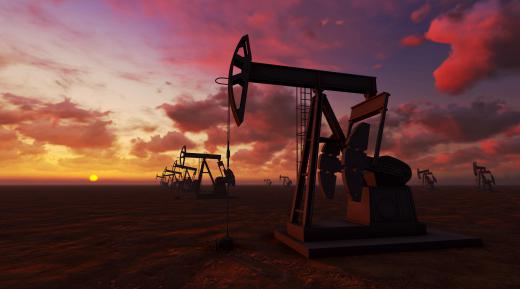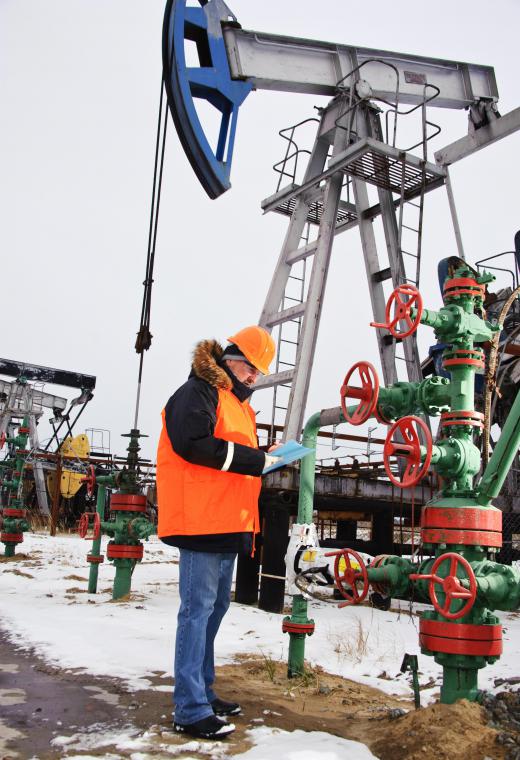Deep well drilling is the drilling of a well on land to a depth of 1 mile or more and offshore to a depth of 5 miles or more. These deep wells are drilled to these depths predominantly for natural gas or petroleum; however, the well might be drilled to reach water. The process for drilling a well to such depths is very technical and may incorporate directional drilling in order to reach the natural resource deposits without disturbing existing surface area usage.
In order to reach the natural resource, a well is drilled by making a hole in the ground to extract the water, natural gas, or petroleum from the underground deposit. For each particular underground deposit, the drilling company selects the method by which the well will be created and the natural resources exploited. Deep well drilling uses specialized drill bits and drill pipe to reach the underground deposit.

Geologists and engineers work together to plan the manner in which they will complete the deep well drilling to reach the underground resource. Sometimes the drilling company has permission to access the natural resource from one location, yet the resource is not directly below the drilling location. In these instances, the drilling company must use directional drilling techniques to reach the deposit. To reach deep deposits, the drilling company uses a combination of deep vertical drilling and directional drilling techniques.

The deep well drilling process can be time consuming, due to the measurements and surveying completed as the drill bit and drill pipe go down into the ground. These measurements and surveying help the drilling company follow the planned drilling process and confirm that the drilling company is within its contractual limitations. The drilling company generally prefers to drill vertically for as long as possible rather than directionally because the maintenance of a vertical well is much easier than of a directional well.
Due to the combination of vertical and directional drilling in the deep well drilling process, in order to reach a specified deposit, the length of the drill shaft far exceeds the depth of the well. The depth of each well depends upon the natural resource the drilling company is trying to reach and the methods by which it will extract the natural resource. Natural gas wells that use large amounts of water to extract the gas are drilled at a depth of about 1 mile. Petroleum wells may be drilled to a depth of 5 miles or more beneath the surface.
